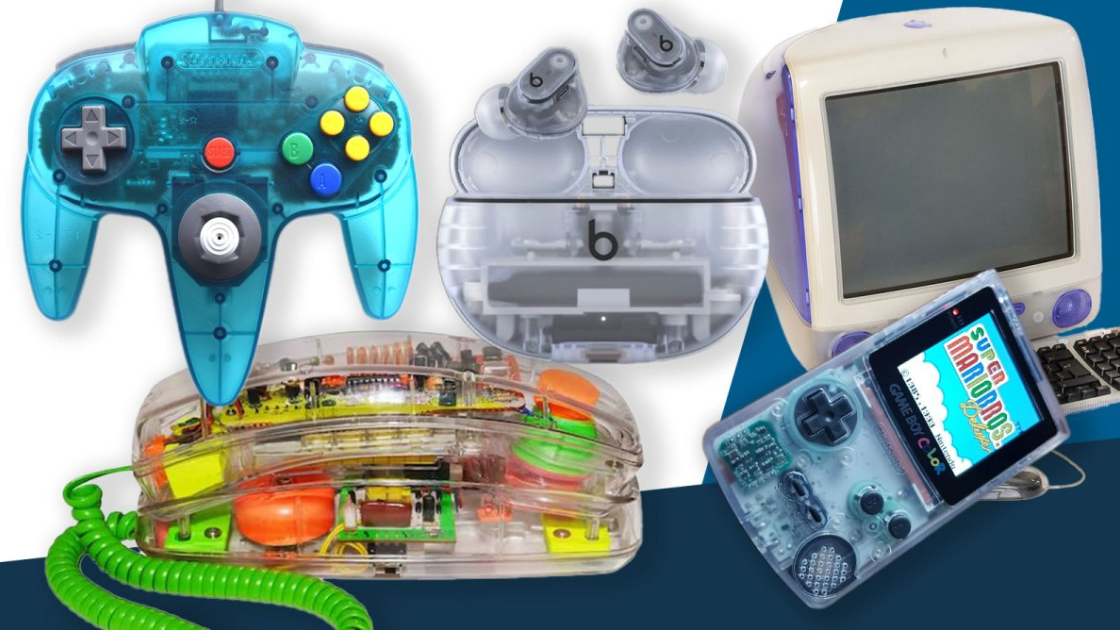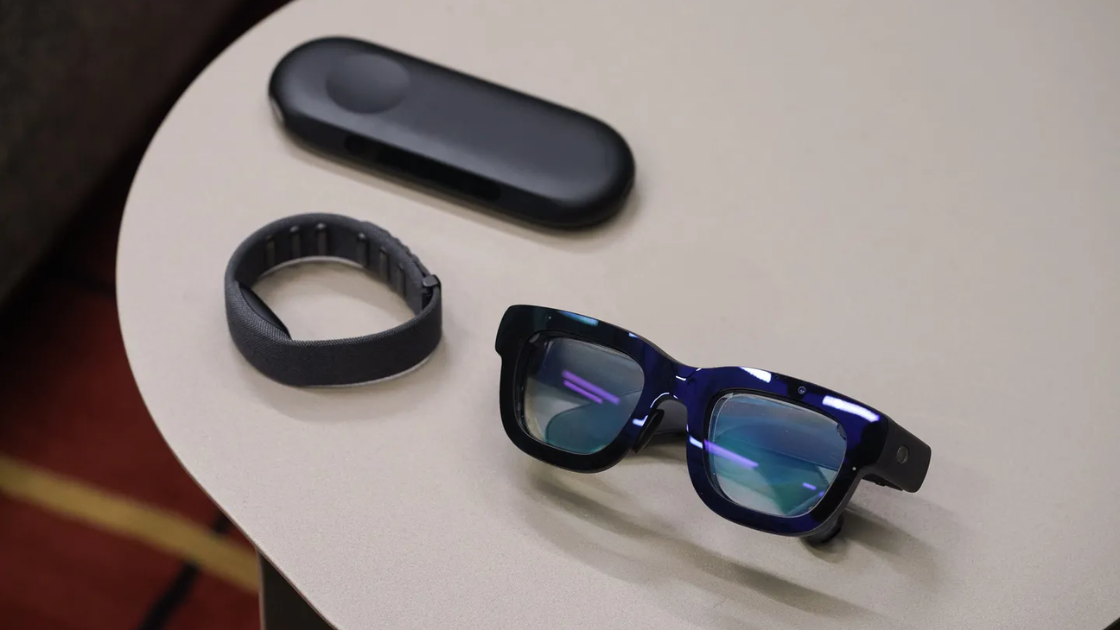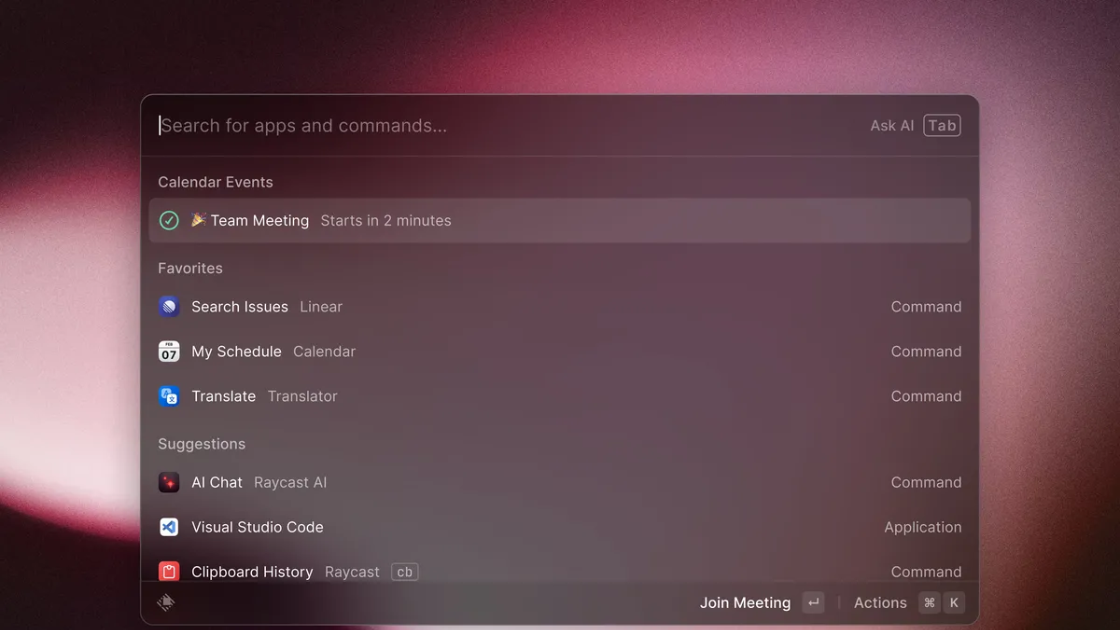Stay connected with this week‘s top headlines in the world of tech! From Meta’s AR Glasses to a New Leica and more, we have you covered. Check out the latest news below!
Leica Unveils Q3 43 with New 43mm Lens

Leica shakes up its Q series with the launch of the Q3 43, featuring a 43mm f/2 lens for tighter shots and portraits. This new Leica variant retains the same 60-megapixel sensor and features as the standard Q3 but offers a fresh aspherical APO-Summicron lens for $6,895. Though nearly identical in specs, the Leica Q3 43 distinguishes itself with a gray leatherette and digital cropping options up to 150mm. Despite the premium price, Leica disappoints by omitting the battery charger, making it an optional $200 accessory. Still, the Leica 43mm lens offers a fresh appeal for fans wanting a more versatile field of view.
Transparent Tech Makes a Stylish Comeback

Just like fashion trends, tech gadgets are making a style comeback. After the ’80s beige keyboards and ‘90s gray video game consoles, transparent gadgets from the early 2000s, like see-through iMacs and N64 controllers, are re-emerging as the next big trend. Today, we see clear smartphones like the Nothing Phone, transparent Beats Studio earbuds, and colorful translucent gaming consoles making waves. As transparent tech reclaims the spotlight, it’s a perfect time to revisit those classic see-through devices from the past.
Meta’s Orion AR Glasses: A Glimpse into the Future of Tech

Meta’s first augmented reality glasses, Orion, represent CEO Mark Zuckerberg’s vision for post-smartphone technology. While the glasses showcase cutting-edge features like a 43mm field of view, Micro LED projectors, and AI capabilities, the device is too costly and complex to mass-produce at $10,000 per unit. With silicon carbide lenses and a neural wristband for gesture control, Orion delivers an immersive AR experience, but it’s still far from ready for consumers, serving primarily as a prototype for future AR innovations.
California Enacts Phone-Free School Act to Limit Cellphone Use in Schools

California Governor Gavin Newsom signed the Phone-Free School Act, requiring all schools statewide to limit cellphone use by July 2026. The law aims to reduce smartphone-related mental health issues in students, with exceptions for emergencies and certain permissions. Schools must create policies promoting responsible smartphone use while supporting student well-being. Despite opposition from the California School Boards Association, the law is part of a growing trend, with at least 15 states already implementing similar restrictions.
Raycast Expands to Windows and iOS, Aiming to Streamline Workflows

Raycast, a powerful Mac tool known for its advanced app launcher and multitasking capabilities, is expanding to Windows and iOS. Initially built as a faster alternative to Apple’s Spotlight, Raycast now allows users to manage apps, windows, and even chat with AI. Co-founder Thomas Paul Mann announced plans to release the Windows version, which may offer even more control, next year. The iOS app will be a simplified companion tool. Alongside the expansion, Raycast raised $30 million to further reduce busywork and streamline productivity with AI integration.
